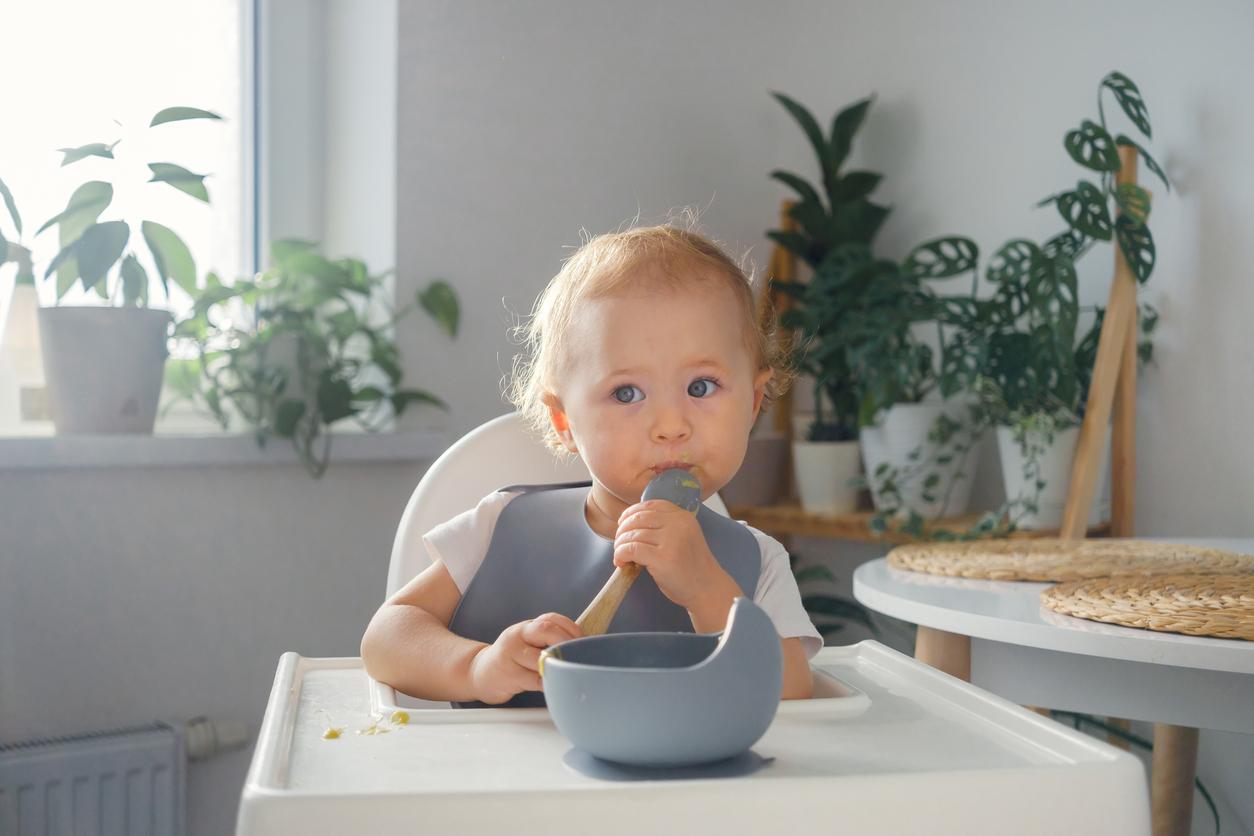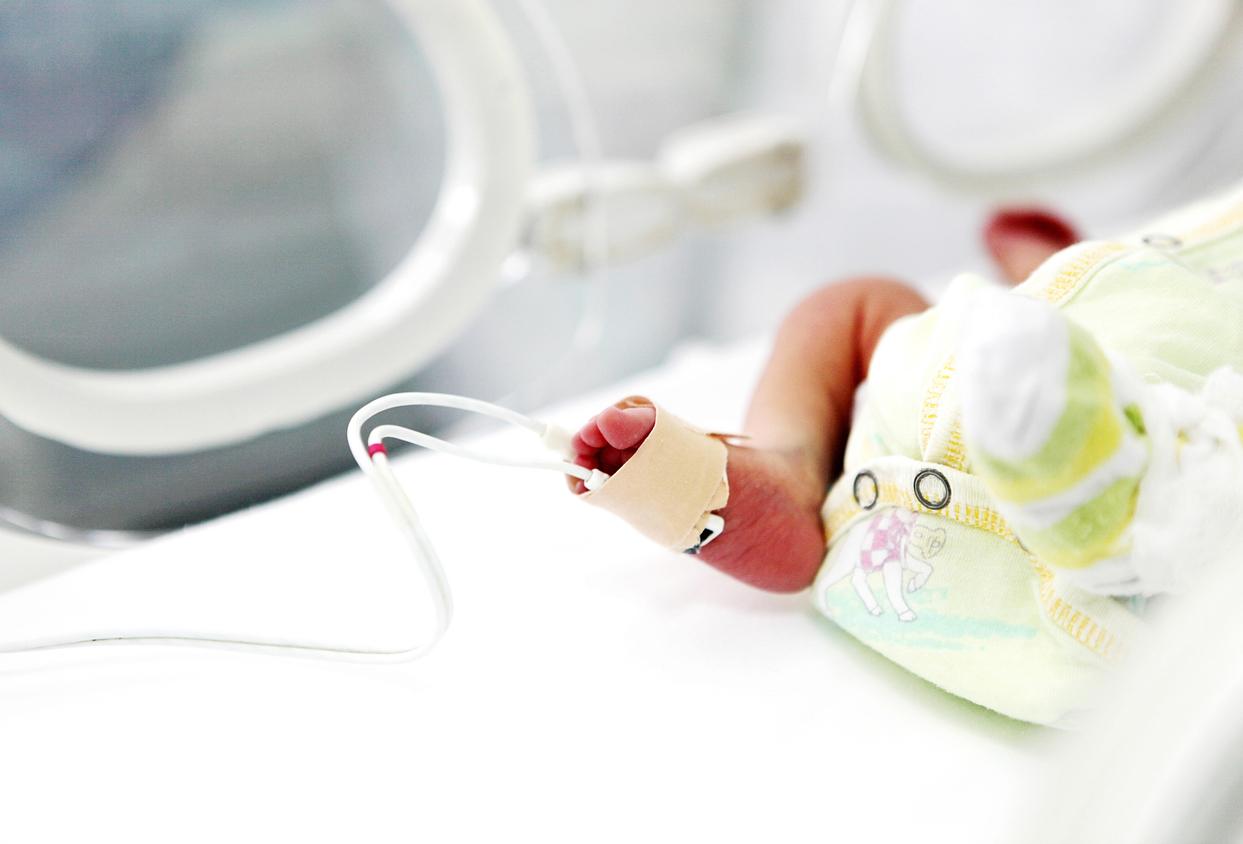Infant colic is an ordeal for many babies and many parents. A new evaluation device makes it possible to better manage this pathology.

- The ROME IV criteria define infant colic in the context of functional intestinal disorders.
- Not to be confused with diarrhea, infant colic is manifested by acute crying attacks, due to intestinal disorders, the reason for which remains difficult to identify.
To optimize the management of babies with colic, pediatrician Marc Bellaïche has developed the ColiQ assessment tool (www.coliq.net).
20-25% of infants suffer from colic
A recurring reason for pediatric consultation, infant colic is one of the most common ailments encountered in newborns (20 to 25% are affected, according to the Health Observatory). They cause a lot of anxiety in parents, helpless in the face of their inconsolable baby. Faced with this state of affairs, a questionnaire was co-constructed with pediatrician, general practitioner and psychologist experts, with the common objective of improving the management of infant colic.
Concretely, parents guided by their doctor are invited to create an account on coliq.net. A 2-part questionnaire is offered to them, taking only 6 to 8 minutes to answer. Questions on crying (qualitative and quantitative description of crying) and the associated signs (gas, agitation, abdominal distension, etc.) are asked, as well as questions on the quality of life of the family environment (daily life, state of parent general). A total score is then established using software. It assesses 3 degrees of severity of the pathology: mild, medium or high.
“Parents are less worried”
A long-term follow-up is then proposed, with an evaluation of the evolution of the ColiQ score with the doctor, which allows:
– to rectify the care of the child, if the score does not improve over the consultations;
– to reassure the parents who have become actors by giving them a central place in the observation of the baby and the family.
“The objective of ColiQ is to allow parents to be actors, evaluators and partners in care: the baby can thus recover more quickly, and parents are less worried. A well-contained baby means well-contained parents, we are in a double efficiency”, explains Dr Bellaïche.

.

















